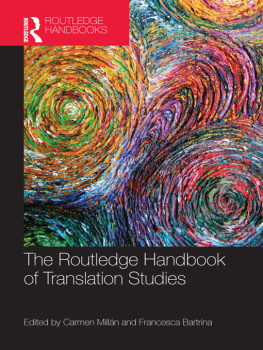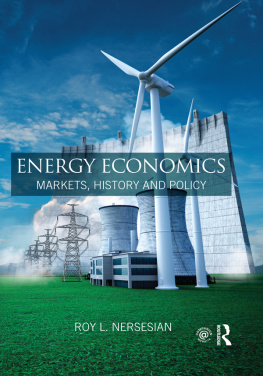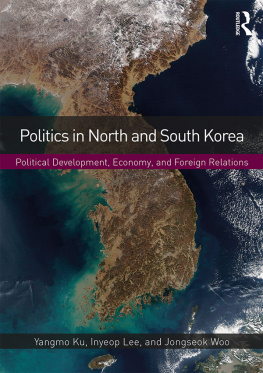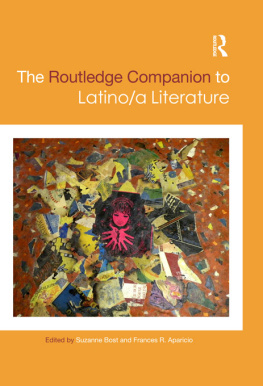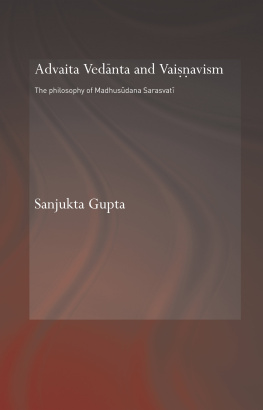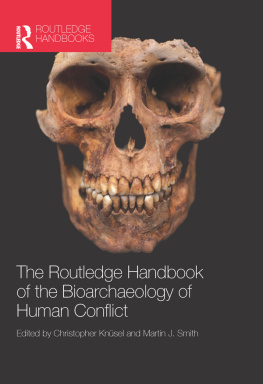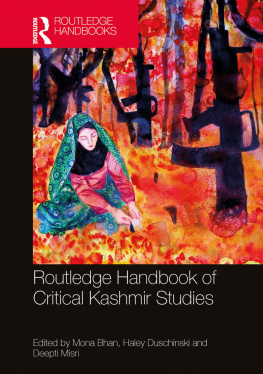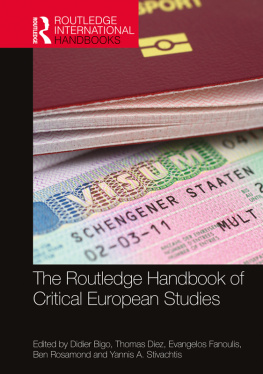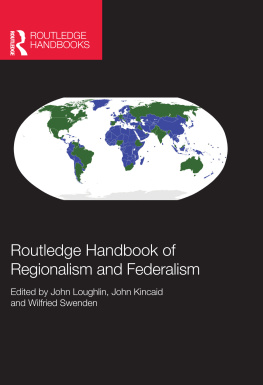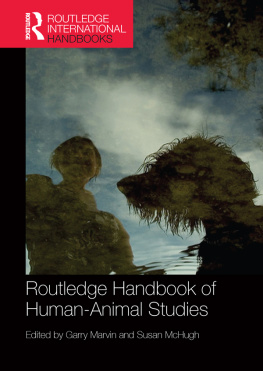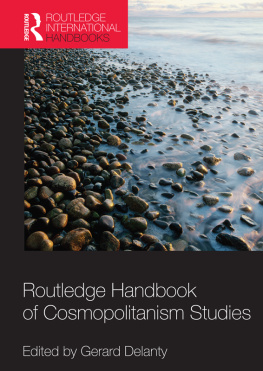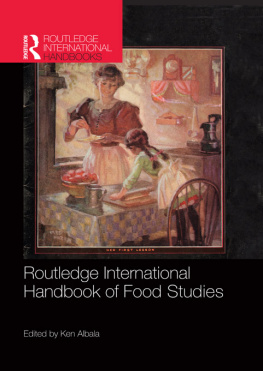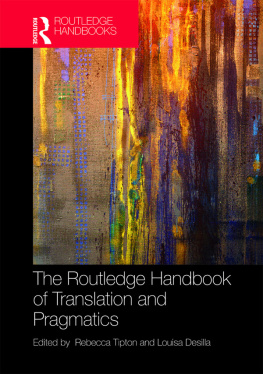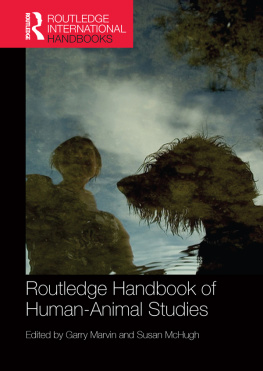Routledge. - The Routledge Handbook of Translation Studies
Here you can read online Routledge. - The Routledge Handbook of Translation Studies full text of the book (entire story) in english for free. Download pdf and epub, get meaning, cover and reviews about this ebook. City: London;New York, year: 2017;2013, publisher: Taylor and Francis;Routledge, genre: Politics. Description of the work, (preface) as well as reviews are available. Best literature library LitArk.com created for fans of good reading and offers a wide selection of genres:
Romance novel
Science fiction
Adventure
Detective
Science
History
Home and family
Prose
Art
Politics
Computer
Non-fiction
Religion
Business
Children
Humor
Choose a favorite category and find really read worthwhile books. Enjoy immersion in the world of imagination, feel the emotions of the characters or learn something new for yourself, make an fascinating discovery.
- Book:The Routledge Handbook of Translation Studies
- Author:
- Publisher:Taylor and Francis;Routledge
- Genre:
- Year:2017;2013
- City:London;New York
- Rating:3 / 5
- Favourites:Add to favourites
- Your mark:
- 60
- 1
- 2
- 3
- 4
- 5
The Routledge Handbook of Translation Studies: summary, description and annotation
We offer to read an annotation, description, summary or preface (depends on what the author of the book "The Routledge Handbook of Translation Studies" wrote himself). If you haven't found the necessary information about the book — write in the comments, we will try to find it.
Routledge.: author's other books
Who wrote The Routledge Handbook of Translation Studies? Find out the surname, the name of the author of the book and a list of all author's works by series.
The Routledge Handbook of Translation Studies — read online for free the complete book (whole text) full work
Below is the text of the book, divided by pages. System saving the place of the last page read, allows you to conveniently read the book "The Routledge Handbook of Translation Studies" online for free, without having to search again every time where you left off. Put a bookmark, and you can go to the page where you finished reading at any time.
Font size:
Interval:
Bookmark:

| 2.1 |
| 25.1 |
| 25.2 |
| 39.1 |
| 3.1 |
| 6.1 |
| 23.1 |
The editors would like to express their gratitude to Rosemary Arrojo, Yves Gambier and Jos Lambert for all the advice provided both at the early stages of this project and at some difficult moments throughout. Our special thanks go to Lawrence Venuti and Kirsten Malmkjr for their constant support and generosity with their time.
Our thanks to the Routledge team, for their confidence in our project, for their kindness and for their help, in particular Louisa Semlyen, Sophie Jaques and Samantha Vale Noya.
We would also like to thank Anna Galceran for her help in the creation of the index.
Finally, this project would not have been completed without the love and support of our families. Carmen thanks Paul, Leila and Anton, and Francesca thanks Jordi, Adri and Emma.
Sometimes personal matters do interfere in academic life. During the period of four years of editing this Handbook , Francesca has gone through a breast cancer process. She wants to thank Carmen for being the best conceivable co-editor during the whole journey.
We are grateful to John Benjamins Publishing Company for permission to use Gideon Tourys representation on Holmes map of Translation Studies as the basis for the map represented in Kirsten Malmkjrs article. Professor Tourys representation was first printed in Descriptive Translation Studies and Beyond 1995: 10. It is reprinted in the Second Edition of the same work (2012: 4).
Rosemary Arrojo is Professor of Comparative Literature at the State University of New York at Binghamton, USA. She has published extensively on the interface between translation studies and contemporary thought in both English and Portuguese. Samples of her work have also appeared in German, Spanish, Turkish and Hungarian.
Nitsa Ben-Ari is Chair of Diploma Studies for Translation and Revision at Tel-Aviv University, Israel. Her major research is in translation and ideology. Ben-Ari has translated 27 books from English, French, German and Italian, including an annotated translation of Goethes Faust (2006). She won the Tchernichovsky Prize for Translation in 2008.
Jean Boase-Beier is Professor of Literature and Translation at the University of East Anglia (UEA), UK, where she runs UEAs MA programme in Literary Translation. An Executive Committee member of the British Comparative Literature Association (and organizer of the John Dryden Translation Competition) and former Executive Committee member of the Translators Association, she is also a translator between German and English and the editor of the Visible Poets series of bilingual poetry books for Arc Publications. Recent publications include many journal and book articles on translation, style and poetry, as well as the 2006 book Stylistic Approaches to Translation (St Jerome) and the 2011 book A Critical Introduction to Translation Studies (Continuum).
Hlne Buzelin holds a PhD in French language and literature from McGill University, Canada. She teaches translation and translation theory in the department of linguistics and translation of Universit de Montral. Her areas of interest and specialization include post-colonial theories, literary translation and sociological as well as ethnographic approaches to the study of translation. In collaboration with Deborah Folaron (Concordia University), she co-edited a special issue of Meta on Translation and Network Studies (2007). Other contributions were published in Target, The Translator , TTR and Meta .
Deborah Cao is a Professor at Griffith University, Australia. Some of her books include Chinese Law: A Language Perspective (2004) and Translating Law (2007). She is the editor of the International Journal for the Semiotics of Law and the Chinese editor of the Journal of Specialised Translation .
Chan Sin-Wai is Professor and Chairman of the Department of Translation, at the Chinese University of Hong Kong. He is Director of the Master of Arts in Computer-aided Translation programme and Director of the Centre for Translation Technology. He is also the Chief Editor of the Journal of Translation Studies and the Journal of Translation Technology , both published by the Chinese University of Hong Kong. He edited An Encyclopaedia of Translation in 1995 and authored A Dictionary of Translation Technology in 2004. His recent publications include Famous Chinese Sayings Quoted by Wen Jiabao , and A Chinese-English Dictionary of the Human Body .
Frederic Chaume is a Professor of Audiovisual Translation at the Universitat Jaume I (Castell, Spain), and Honorary Professor at Imperial College London (UK). He is the author of Doblatge i subtitulaci per a la TV (Eumo, 2003), Cine y Traduccin (Ctedra, 2004), Teories Contempornies de la Traducci (Bromera, 2010) and Audiovisual Translation: Dubbing (St Jerome, forthcoming). For the past 23 years he has also worked as a professional translator for several TV channels, dubbing and subtitling companies, film distributors and producers.
Malcolm Coulthard is Professor of Forensic Linguistics and Director of the Centre for Forensic Linguistics at Aston University, UK. He is co-author of An Introduction to Forensic Linguistics and co-editor of the Routledge Handbook of Forensic Linguistics .
Michael Cronin is Professor of Translation Studies at Dublin City University, Ireland. He is author of Translating Ireland: Translation, Languages and Identity (Cork University Press, 1996), Across the Lines: Travel, Language, Translation (Cork University Press, 2000), Translation and Globalization (Routledge, 2003), Translation and Identity (Routledge, 2006) and Translation Goes to the Movies (Routledge, 2009). He is Series Editor of Routledge New Perspectives in Translation Studies. He is Editor in Chief of the translation journal MTM and an Honorary Member of the Irish Association of Translators and Interpreters.
Jorge Daz-Cintas is a senior lecturer in Translation at Imperial College London, UK, where he teaches audiovisual translation and translation theory. He is the author of numerous articles and books on audiovisual translation, including Audiovisual Translation: Subtitling (with Aline Remael, 2007), The Didactics of Audiovisual Translation (ed., 2008), and New Trends in Audiovisual Translation (ed., 2009). He also works as a freelance translator and interpreter and is the Chief Editor of the series New Trends in Translation Studies . He is a member of the international research group TransMedia.
Ebru Diriker is Associate Professor of Translation and Interpreting Studies at Bogazii University, Istanbul, and Honorary Research Fellow at Manchester University, UK. She specializes in sociological approaches to the study of conference interpreting and is the author of De-/Re-Contextualizing Conference Interpreting: Interpreters in the Ivory Tower ? (John Benjamins, 2004). She has published articles on the history and current situation of conference interpreting both as a profession and an academic field. She is an experienced interpreting trainer, and a member of the AIIC Training Committee.
Eva Espasa is a lecturer at the Universitat de Vic (Catalonia, Spain), where she teaches stage and audiovisual translation. She has published a book on stage translation in Catalonia (Eumo, 2001) and articles on stage translation ( Trans , 2009; John Benjamins, 2005; St Jerome, 2000). She has also published on audiovisual translation (John Benjamins, 2004), and on translation training related to audiovisual translation and advertising (Octaedro, 2009; John Benjamins, 2005).
Font size:
Interval:
Bookmark:
Similar books «The Routledge Handbook of Translation Studies»
Look at similar books to The Routledge Handbook of Translation Studies. We have selected literature similar in name and meaning in the hope of providing readers with more options to find new, interesting, not yet read works.
Discussion, reviews of the book The Routledge Handbook of Translation Studies and just readers' own opinions. Leave your comments, write what you think about the work, its meaning or the main characters. Specify what exactly you liked and what you didn't like, and why you think so.

